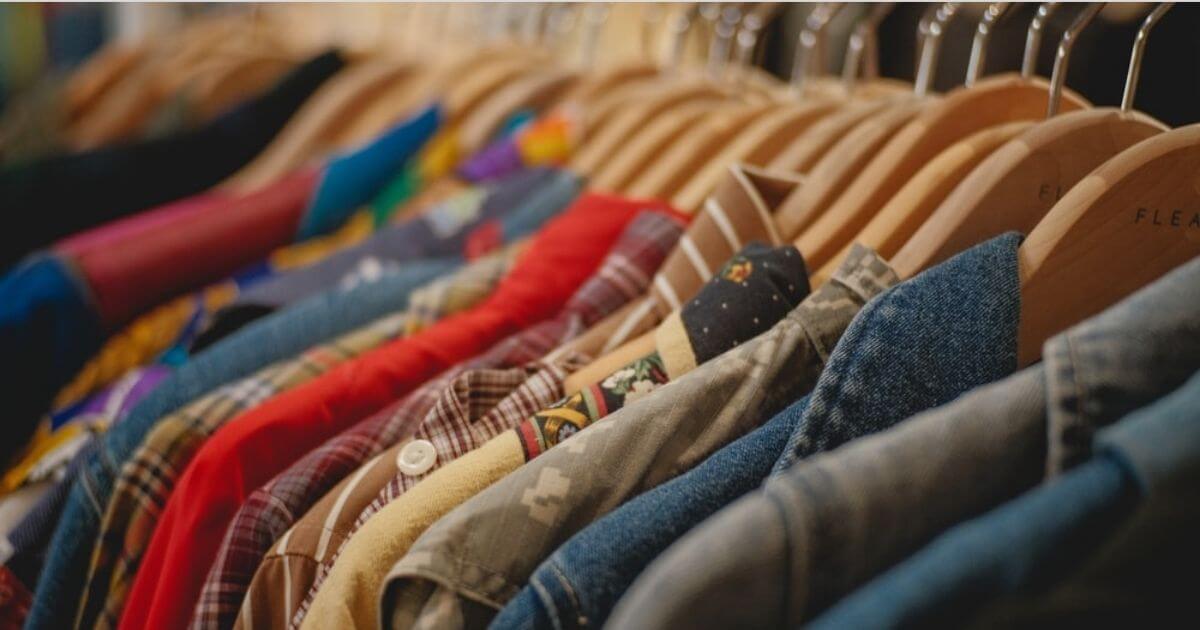Comfort is the Byword as Apparel Seeks Rebound

After a year in which sweats, t-shirts and just about anything athleisure became de rigeur as work-from-home attire, will the same apply as we (hopefully) move into a post-pandemic world?
To some extent, that will hinge on, like much of everything else, on vaccination rates and how quickly offices and schools fully re-open. For the most part, many businesses aren’t planning to return to full office until September at the earliest and even then at reduced capacities.
Back-to-School Looking Up
And what about back-to-school? Those sales were down 13.1% last year as most schools adopted a hybrid remote/in-person schedule, according to NPD. But many schools, colleges and universities are planning a return to in-person instruction in the fall. For its part, research firm NPD is expecting a “really strong” back-to-school season with a return to full-time in-person classes, says NPD analyst Kristen Classi-Zummo.
Yet if there is a common thread, it will be that all things apparel will have to be comfortable, and “versality” will be a watchword for clothing worn both at home and in the office, says Classi-Zummo. While 53% of consumers NPD polled in March planned on getting “dressed up” as pandemic-related restrictions ease, most also see comfort as important to apparel.
New and Comfortable
“Consumers are going to want to put on something new, but they aren’t going to want to give up that comfort,” says Classi-Zummo. “So they are going to want to put on a pair of jeans, but it will have to have stretch and be comfortable.”
One growing (or perhaps shrinking) opportunity that may boost the apparel business: a third (34%) of those responding to the NPD survey in March acknowledge that their apparel sizes changed (21% larger; 13% smaller) during the pandemic.
For the most part, retailers are seeing “seeds of improvement” in categories such as dresses as planning for proms and weddings moves ahead, Macy’s CEO Jeffery Gennette said last week. “When you look at the vaccine rollout and the recovery of the economy, we expect a ramp up of some categories that have been really sleepy,” Gennette said. “As people engage in kind of the events coming up, we’re going to see the dress – and occasion-based areas of the business start to improve for us.”
Yet the chain also is banking on continued strong revenue from denim, sales of which increased 40% at Macy’s last year with Levi’s being among its top denim brands, even as Levi’s moved its signature Red Tab jeans into 500 Target stores for the first time.
Meanwhile Tailored Brands, which had held back from expanding into athleisure in its 630 Men’s Warehouse U.S. stores in the U.S. and 126 Moores locations in Canada, now will carry former New York Giants star/broadcaster Michael Strahan’s MSX collection of “workleisure” apparel, including hoodies, joggers, t-shirts, shorts and polo shirts. That’s also a departure for Strahan, who launched his line in 2015 with tailored suits at J.C. Penney. At the same time, The Gap’s 190-store Athleta chain, which specializes in athleisure apparel, is opening its first stores in Canada, competing with Lululemon on its home turf.
Among other apparel developments:
- Kohl’s will carry long-time department store stalwart Tommy Hilfiger men’s sportswear this fall. The move is part of Tommy Hilfiger’s shifting business to off-the-mall retailers as department stores and malls struggle. “The ongoing new brand launches continue to boost the relevance of [Kohl’s] stores post-COVID,” Credit Suisse analyst Michael Binetti said. “But the pace of brands moving off mall is becoming a major concern for the competitiveness of mall bellwethers like Macy’s.”
- The trend of defunct apparel retailers returning as licensed brands appears to be picking up speed. Long before the pandemic, bankrupt retail brands were being purchased and repurposed for licensing – think, for example, of Anne Klein.
But in recent weeks, brand management firm Bluestar Alliance is said to have reached an agreement with two licensees to bring the Justice brand to apparel in the U.S. and Canada. The collections that will launch at Walmart in the late summer. And Lord & Taylor, which closed as parent Le Tote filed for bankruptcy last year, reemerged this week as an ecommerce business under new owner Saadia Group. Retail brands (such as Lord & Taylor and Babies R Us) that previously affixed their names to apparel still continue to carry weight with their loyal consumers, says a licensee executive, and could be candidates for licensing. - With sustainability also among factors influencing consumer purchases, both Lulelemmon and Nike are launching refurbishment programs. Under Lululemmon Like New, which launches next month at 15 stores in California and Texas, consumers can return Lululemmon products in “like new” condition for credit via an e-gift card. Those products returned will be cleaned and resold; those that don’t meet Lululemmon standards will be recycled through textile recycling firm Debrand.
- As in seemingly every other product category, material costs likely will drive apparel retail prices up this fall, or at least increase pressure on margins throughout the supply chain. Cotton prices rose 75% between April 2020 and February 2021.




